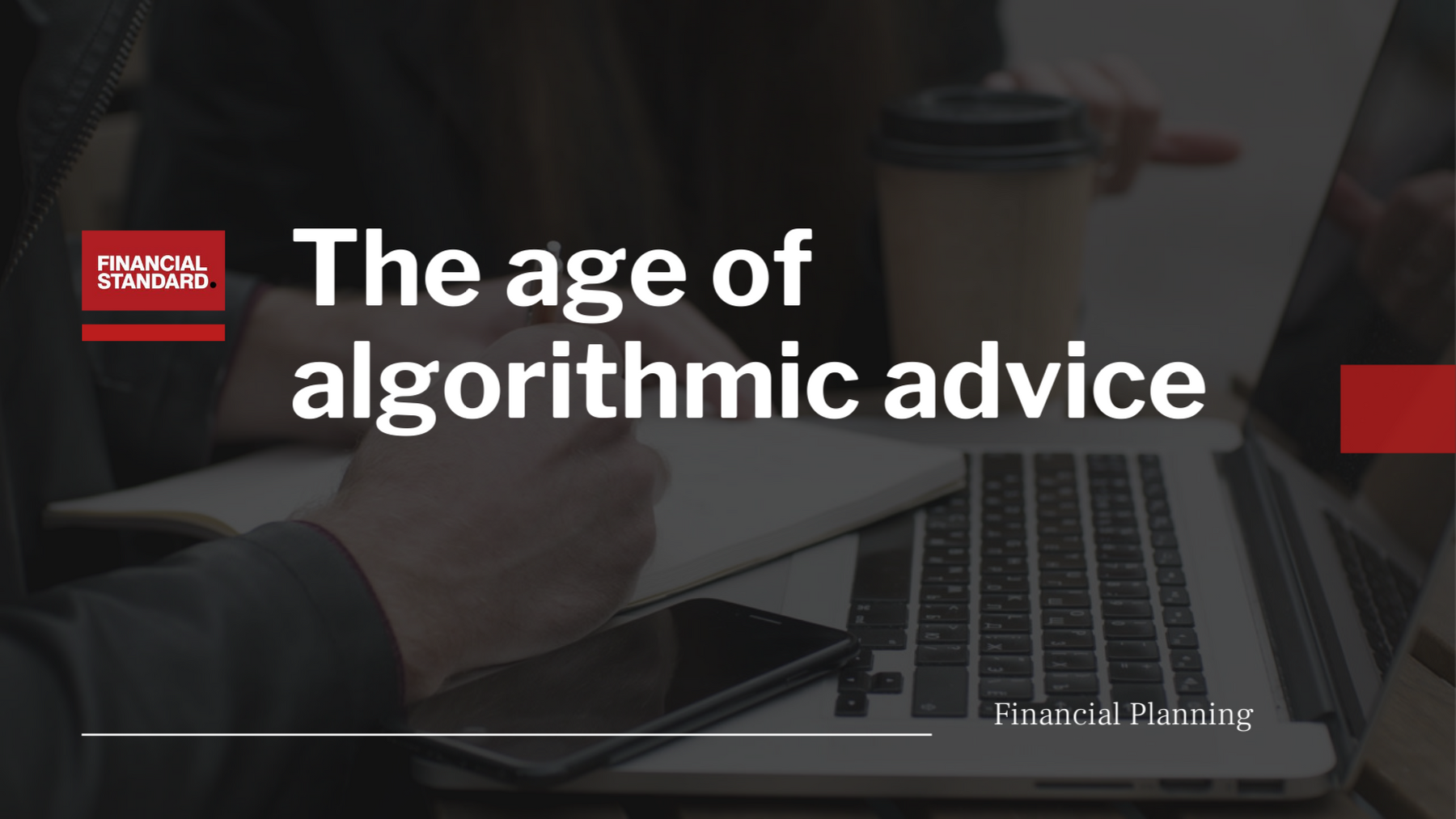
The rise of the "algorithmic advisers" requires a change in attitude and mindset from the financial advice and planning communities. Futurist and chief executive of global consultancy firm Tomorrow, Mike Walsh, told the 2017 Financial Planning Association Professionals Congress that sweeping technological change driven by complex algorithms is nothing to fear as it's simply "not unique."
Walsh said financial planners' fear-based thinking that technology will replace jobs must shift to ask how will jobs need to change.
He stressed what this new technology is doing is "democratising access" to financial advice and making it more universal, which means more people can start to use it new and different ways.
Perhaps the daunting aspect is taking that first step to becoming an adviser that embraces algorithms, he added.
Advisers must first ask themselves, 'what type of work are machines are good at versus what people are good at?' and then make sure they hire the right people.
Walsh said advisers are tempted to think they must hire people who are "more digital" or even social media experts, but the truth is they should hire those with a certain mindset.
Such employees don't necessarily have programming or coding skills, but "the ability to approach problem solving and work in a way that allows computers and algorithms and platforms to augment your everyday capabilities."
These are the types of employees Netflix chief executive Reed Hastings calls "performance driven people" and the type of employees Airbnb would hire because they are "energised by the unknowns" or ambiguity, Walsh said.
He added the next generation advisory platforms will use algorithms and technology to understand clients better by taking social and real-time financial context and feed it into the technology.
Pefin, touted as the world's first artificial intelligence adviser, estimates human beings over a lifespan have between five to eight million data points based on every decision made.
What Pefin does, Walsh said, is project how small changes in people's decisions affect their financial planning and as a result, "over the next five years, no human will make a financial plan again."
"That's not a bad thing," he said.
It means an adviser's role will start to change from merely transacting with clients, to doing more "human-centred work" - and that insight into human beings is the skill advisers will need to be better at, he said.

